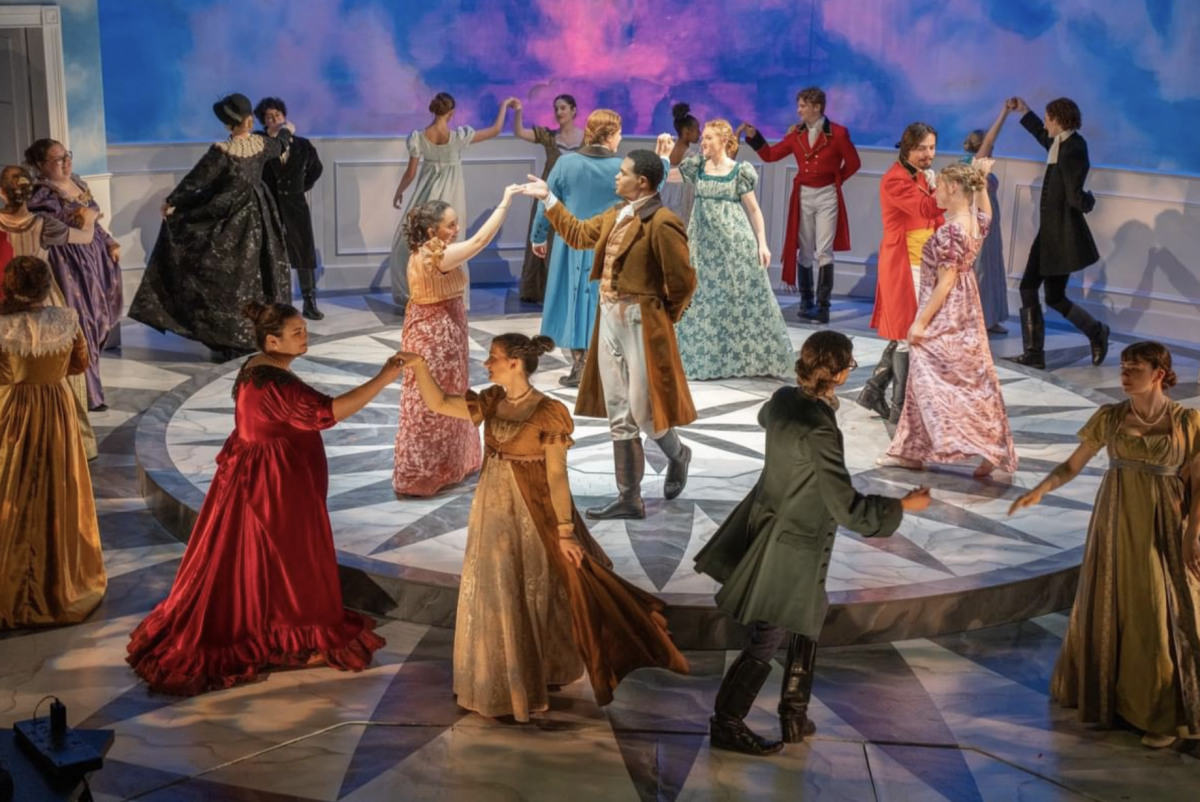Bob Dylan's new album sounds like classic Dylan, even though its title, Modern Times, suggests something more forward-looking. From rootsy, shuffling grooves to snappy, reflective lyrics, all his traditional ingredients are there.
In the dark I hear the night birds call
I can feel a lover's breath.
I sleep in the kitchen with my feet in the hall
Sleep is like a temporary death.
Lines like these are as good as any Dylan has ever written. Except that he didn't write them.
At least, he didn't come up with these lines in "Workingman's Blues #2" completely from scratch. Allow me to present Exhibit A, two couplets from the 1860 poem "Two Portraits" by Henry Timrod:
You will perceive that in the breast
The germs of many virtues rest,
Which, ere they feel a lover's breath,
Lie in a temporary death;
The lines are switched around a bit, but it's obvious both Dylan and Timrod use the same rhyme — "feel a lover's breath" with "temporary death." It seems that Bobbie D. has been reading some Civil War poetry.
In fact, over a dozen references to Timrod have been discovered on Modern Times, which only credits Dylan in the liner notes. Albuquergue, N.M. radio jockey Scott Warmuth first uncovered the correlation by Googling the lines "frailer than the flowers" and "these precious hours" from the album track "When The Deal Goes Down." He found that Timrod had rhymed these two phrases over 150 years ago in "Rhapsody of a Southern Winter Night." Warmuth said in an NPR spot that five Timrod poems appear in this song alone.
The news of Dylan's Timrod inspiration didn't make much of a splash outside the blogosphere and a few music columns. But it does raise the uncomfortable question of where exactly the fine line between artistic license and plagiarism lies.
This isn't even the first time Dylan has been charged with lifting lyrics. His last album Love and Theft was hailed as a true return to form when it was released in 2001. But some claimed the album was short on the love and long on the theft, accusing Dylan of stealing text from the book "Confessions of a Yakuza" by Japanese author Junichi Saga.
Dylan drops the most obvious reference to Saga's tale of a Japanese professional gambler in his song "Floater (Too Much To Ask)," where he sings, "My old man, he's like some feudal lord." But the song contains seven other references to "Confessions," and similar allusions crop up all over the rest of the album.
Dylan has a long history of begging, borrowing and stealing from a variety of influences; the first original album track he ever wrote — "Song to Woody," off his self-titled debut — is based on the melody of a Woody Guthrie tune. But his last two albums take such inspiration to a new level.
Love and Theft incorporates themes and phrases from a wide range of artists including Shakespeare, Tennessee Williams and Elvis Presley, and the opening lines of the Modern Times track "Spirit On The Water" — "Spirit on the water/ Darkness on the face of the deep" — are clearly a reference to the Bible. Dylan takes the most material, though, from Junichi and Timrod.
What's more unusual than the fact that Dylan borrows a few lyrics is the sources he chooses for inspiration. Junichi's obscure book wasn't translated into English until 1991, and Dylan's use of it wasn't discovered until an English teacher living in Japan happened to peruse "Confessions" in a bookstore. Timrod, who is known as the "poet laureate of the Confederacy," was lost to the annals of history and a few select literature courses until Dylan used him as a muse.
The difficult question remains, however — should the man who wrote the song "Rolling Stone," listed as the greatest song of all time, be considered guilty of plagiarism?
It's an evil word in this day and age, when students can be expelled for engaging in it. But should your English be held to different standards of creativity than a Dylan song?
Dylan deserves some leeway, since he probably doesn't consider it plagiarism himself. Borrowing from other artists is a hallmark of the blues and folk music background Dylan comes from, and there are many examples of this throughout his work.
Dylan's constantly in dialogue with other artists; "Workingman's Blues #2" is his response to the Merle Haggard country classic "Workingman's Blues." Like Clapton before him, he covers the Muddy Waters tune "Rollin' and Tumblin'" on Modern Times, but makes it his own with several new verses that include such gems as "some young, lazy slut has charmed away my brains." In "The Levee's Gonna Break," he echoes the Led Zeppelin blues-dirge "When The Levee Breaks" musically and lyrically.
Ironically, Led Zeppelin used the music-tradition defense as well when they ran into problems after borrowing from American blues artists, but that didn't keep them from being sued by Willie Dixon's family for the use of his lyrics on "Whole Lotta Love."
There are no legal ramifications for Dylan's use of Timrod's poetry, however, since his work is now considered public domain. Dylan also incorporates his sources more ingeniously than Zeppelin ever could and draws on a much broader group of influences. Considering the esoteric material he borrows from, it's fairly impressive that he could work lines from them into his songs at all. I can't imagine Robert Plant wailing lines from Civil War poetry or a historical tale set in Japan.
But Dylan should at least give credit where it's due, especially when he uses a single source so extensively on his last two albums. The liners of both Love and Theft and Modern Times boldly declare "All songs written by Bob Dylan," and lack transcriptions of the lyrics, as if Dylan didn't want his muses to be discovered. Listeners, however, deserve to know if the artist had any help coming up with what they're listening to.
Dylan hasn't addressed the claims of stolen lyrics, and I doubt he ever will. He's got an image to maintain, and he has no qualms about maintaining it. As he writes in his memoir, "The press? I figured you lie to it."
Dylan's undeniably a great lyricist, whether or not he uses outside sources from time to time. We're talking about the man who wrote "Like A Rolling Stone," after all.
But could it really hurt that much to credit his sources? The new album still sounds like classic Dylan either way.







